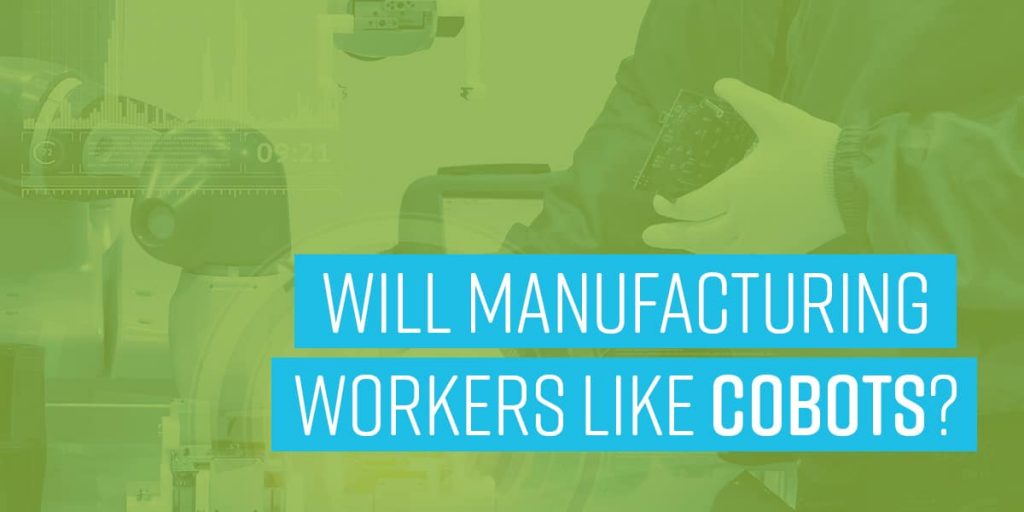Some workers at Walmart dislike their new colleagues. Cobots like “Freddy” and “Emma” have familiar nicknames, but they’re blamed for a host of workplace problems. These collaborative robots, or cobots, are built to interact with humans in a shared workspace. Moreover, they’re designed to operate autonomously or with limited guidance. Walmart executives say that cobots will eliminate mundane tasks, so why are some workers complaining that their jobs have become more robotic?
According to The Washington Post, Walmart has deployed thousands of cobots to more than 1500 of its largest stores. Automated shelf-scanners, box unloaders, floor scrubbers, and other machines are now doing jobs that were once performed by humans at the nation’s largest private employer. The new in-store technology also leverages cameras, sensors, servers, and artificial intelligence (AI). Walmart isn’t an industrial company, but are there lessons for manufacturers to consider here?
The Walmart workers who dislike cobots aren’t worried about losing their jobs to them. Rather, these employees seem concerned about what their jobs have become. In some cases, workers say they no longer perform tasks that they used to enjoy. For example, it’s now the cobots who walk through the store in search of problems to solve, such as identifying out-of-place items and returning them to their proper location. Perhaps more importantly, workers complain that they no longer control the pace of their jobs.
If a shopping cart pen is empty or the bananas are overripe, a worker receives an alert on a handheld device. Efficiency-driven manufacturers may not see this notification as objectionable but consider the workers’ larger complaint. The same cobots that are supposed to eliminate mundane tasks have created more of them. When cobots malfunction, it’s the human workers who must respond to and resolve the alerts. The cobots also require training and retraining that re-directs the workers’ efforts.
For example, the self-driving floor scrubbers must be driven manually until they “learn” the store’s layout. When the aisles are reconfigured, as is common during store remodels and holiday displays, the cobots need to learn the new pattern. By contrast, the industrial robots that are used in most factories are already programmed to perform specific tasks. These machines can’t work side-by-side with employees, but some Walmart workers wouldn’t want them to anyway.
For manufacturers who want to learn from Walmart’s experience, it’s important to separate the cobots’ limitations from their implementation. The frequent breakdowns of the machines may be frustrating, but it was an executive team that decided which technologies to buy and which tasks to automate. Worker expectations may have a role to play, too. If managers promoted cobots as a way to reduce drudgery, the human employees who still perform most of the physical work may wonder why their backs are still sore.
Finally, there’s room for improvement in human factors research. Bossa Nova Robotics, the company which makes Walmart’s inventory-scanning robots, spent years teaching its machines to be as human-friendly as possible. Yet there isn’t any etiquette for human-cobot interactions. Cobots that remain silent can seem creepy, but machines that beep can be annoying. Plus, making cobots more like cars won’t necessarily help since shoppers don’t expect to see turn signals in the snack foods aisle.
Most manufacturing workers haven’t seen a cobot before, but an army of these machines could arrive at their favorite big box store sometime soon. Will their experience as shoppers affect how they perceive future cobots on the factory floor? They probably won’t punch or kick the machines (as some Walmart shoppers do), but don’t assume a warm welcome. That’s why it’s important to prepare for a discussion that covers technology, implementation, expectations, and human-machine interaction.

